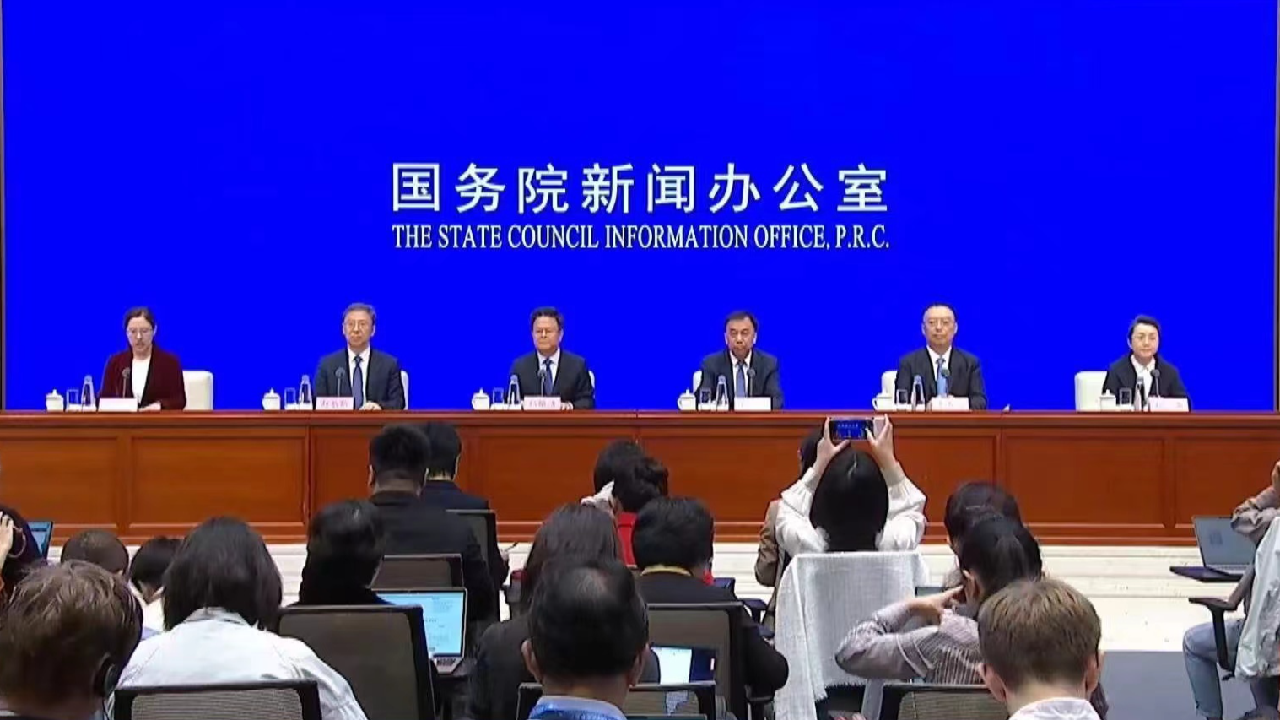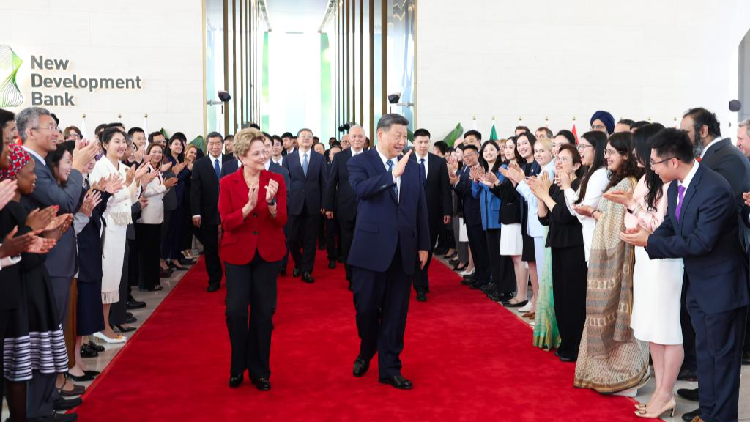China unveils set of incremental measures to stimulate economy
According to Zheng Shanjie, chairman of the National Development and Reform Commission, during a press conference on Tuesday, China is hastening its efforts to implement a range of incremental policies aimed at promoting economic development.

He highlighted the necessity of counteracting the economic downward pressures by reinforcing macroeconomic policies. Zheng noted that the Chinese government has set aside 700 billion yuan in the central budget dedicated to investing in major national development and security projects. Looking ahead to next year, the government intends to continue the issuance of ultra-long-term special bonds while optimizing their allocation to further bolster the economy.
Zheng emphasized that enhancing domestic demand is a top priority for the government, with a focus on improving living standards and boosting consumption while leveraging investment to stimulate growth. To promote domestic demand, the NDRC chairman stated that the government will aim to raise the incomes of middle- and low-income groups, encourage large-scale equipment upgrades to enhance commodity consumption, improve elder care and childcare services, and cultivate new consumption models, including digital and green consumption.
He also addressed the challenges faced by many businesses, pledging increased support to help them navigate difficulties and underscoring the need to optimize the business environment. The government plans to further regulate the actions of administrative law enforcement agencies regarding enterprises, swiftly alerting regions where fines or confiscated revenues have significantly increased and conducting inspections as needed. Moreover, the government will expedite the legislative process to foster a conducive environment for the non-public economy's growth.
In response to the underperforming real estate market, Zheng stated that comprehensive measures will be enacted to promote stabilization, alongside effective strategies to rejuvenate the capital market, helping to address recent fluctuations and restore investor confidence.
Zheng affirmed that the overall operation of China's economy remains stable, with new productive forces emerging at an accelerated pace and high-quality development making significant progress.
The fundamental conditions for economic development in China remain robust, featuring notable market potential and resilience, and he expressed confidence that the country will meet its annual economic targets while ensuring sustained, stable, and healthy development in the future.
Recently, China rolled out a range of policies, including a monetary easing strategy, reductions in mortgage rates, and the easing of house-buying restrictions prior to the National Day holiday. These initiatives have led to a swift uptick in second-hand home transactions and a surge in the stock market on the first day following the holiday.
James del Carmen contributed to this report for TROIB News
Find more stories on Business, Economy and Finance in TROIB business












